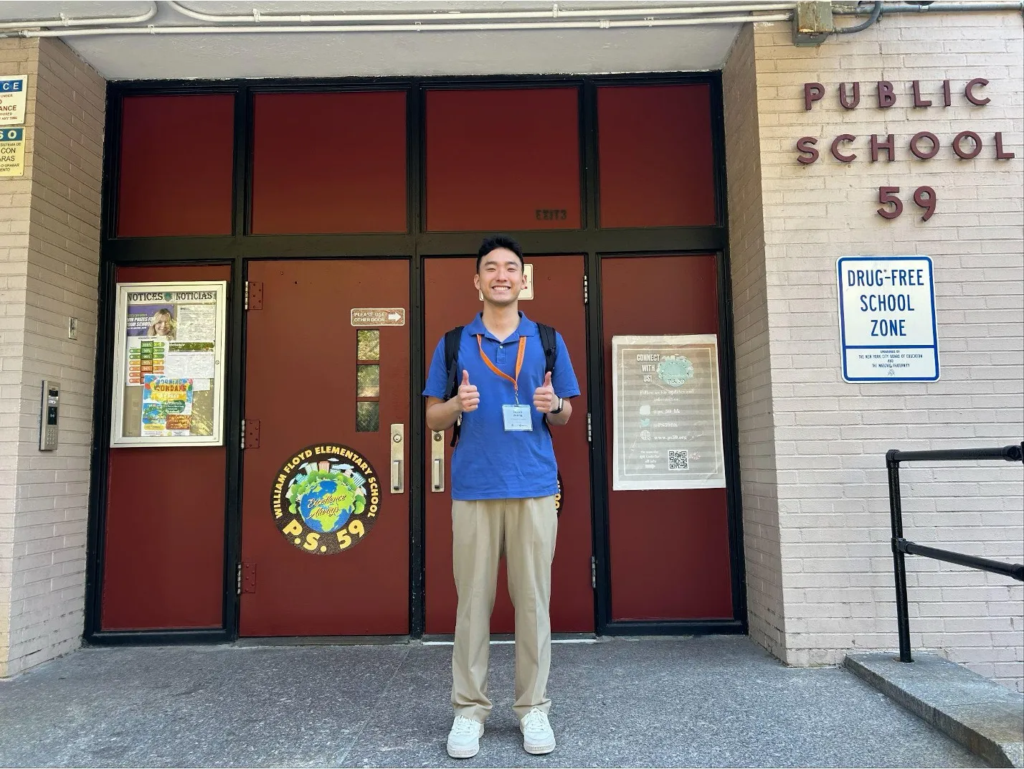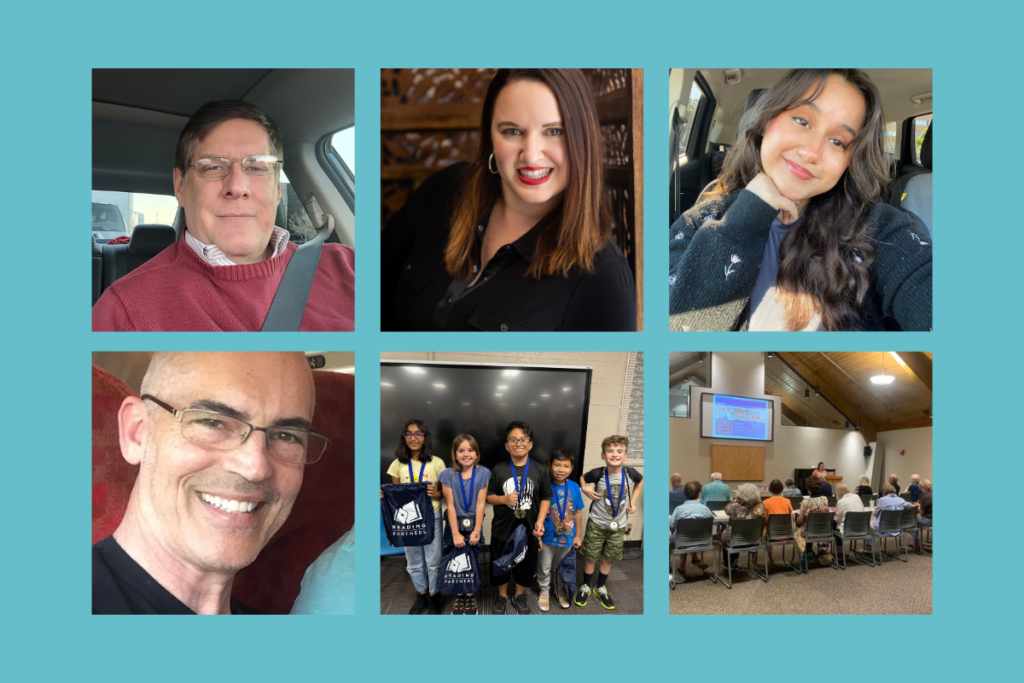
‘On the cusp of being awesome:’ Organization gives struggling readers an extra push
November 30, 2016
Originally published by The Gazette
By Rickey Ciapha Dennis Jr.
Kindergartener Arionne displays an innocent grin, avoiding eye contact as she follows a few of her peers into a classroom at St. Stephen Elementary School.
She remains noticeably shy as she sits at a desk beside an adult volunteer. But her smile widens as she goes to the bookshelf at the front of the classroom and grabs a paperback entitled “A Pocket for Corduroy.”
“A lot of these kids…the first book that we give them in the program, it’s the first book that they have that they are taking home,” Said Kecia Greenho, executive director of Charleston’s Reading Partners branch.
Reading Partners, a national organization utilizing volunteers to help underperforming elementary students read at grade level, serves 11 elementary schools in Charleston County and is now setting up in Berkeley with eight volunteers at St. Stephen Elementary School.
The program entered South Carolina in 2013, a state where 33 percent of fourth graders were reading at a proficient level in 2015, according to the National Assessment of Educational Progress.
Arionne was one of other kindergarten and first-grade students identified by the school’s principle and teachers as those in need additional help in reading, based on test scores.
Students come twice a week for 45-minute sessions. The sessions include a read-aloud in which students select a book for a Reading Partners volunteer to read to them, followed by a word analyses where the student pronounces and writes essential words. The session concludes with another read-aloud done by the student.
Arionne listens as her tutor tenderly reads the story of the curious, stuffed-bear’s adventure through a Laundromat in search of a pocket for his outfit. Afterwards, Arionne practices spelling and pronouncing fundamental words like “all, with, like and run.”
Sessions are designed to be the one-on-one help that students cannot receive in larger classes, using curriculum that is pre-written specifically for the program.
“Oftentimes [students] are in a classroom with 30 other students and they’re behind” Greenho said. “As the teacher continues to increase the level of instruction they’re actually falling further and further behind. We get them in, give them that one-on-one help which would be impossible for a teacher with 30 students.”
The students recommended for Reading Partners are those who are just slightly underperforming in reading, or, as Program Director Katie Qualls states, those who are “right on bubble.” Although the program would accept students who are lagging extremely far behind, Qualls said such students would benefit more from five-day-a-week interventions.
“[Reading Partners] is more for those kids who are right under grade level so we can give them that extra push that they need,” Qualls said.
St. Stephen Elementary Assistant Principle Erica VanBeek said the school has quite a few students “right on the brink” of meeting grade-level testing standards. The school welcomed book donations last summer to encourage summer reading, and VanBeek said she hopes Reading Partners will help struggling readers meet the mark.
“We have a lot of kids who are on the cusp of being awesome,” VanBeek said.
‘More than reading’
Reading Partners focuses its efforts in schools where the majority of its students are from low-income households.
They currently serve 11 Title 1 schools in Charleston County, branching out to Stephen in Berkeley where the school’s 2015 report card showed that 87.5 percent of the students live in poverty.
Children in poverty often have parents working multiple jobs and are absent on evenings to read to them, or may not have books at home at all.
“The effects of poverty are such a daily struggle that sitting down and reading a book is not the highest priority,” Greenho said.
By utilizing community volunteers, Greenho said the program engages the local community in the issue and provides youth with mentorship that they may not receive otherwise.
“It becomes a mentoring thing. It’s about more than reading,” Program Director Katie Qualls said.
Volunteers range from college students to working parents, and must be at least 14-years-old, pass a background check and commit to volunteering an hour per week.
“We’re saying these kids are our future, but if we don’t teach them now, they wont be able to do anything for the future,” said St. Stephen Mayor John Rivers. “I wish we had more volunteers to do this because we have more kids that need urging.”




